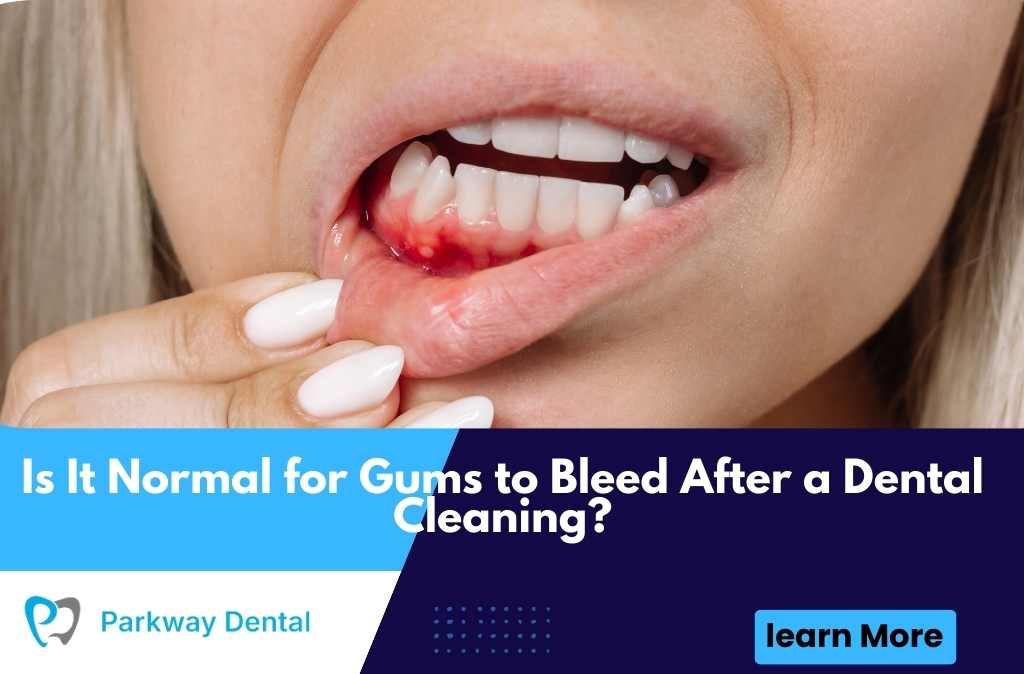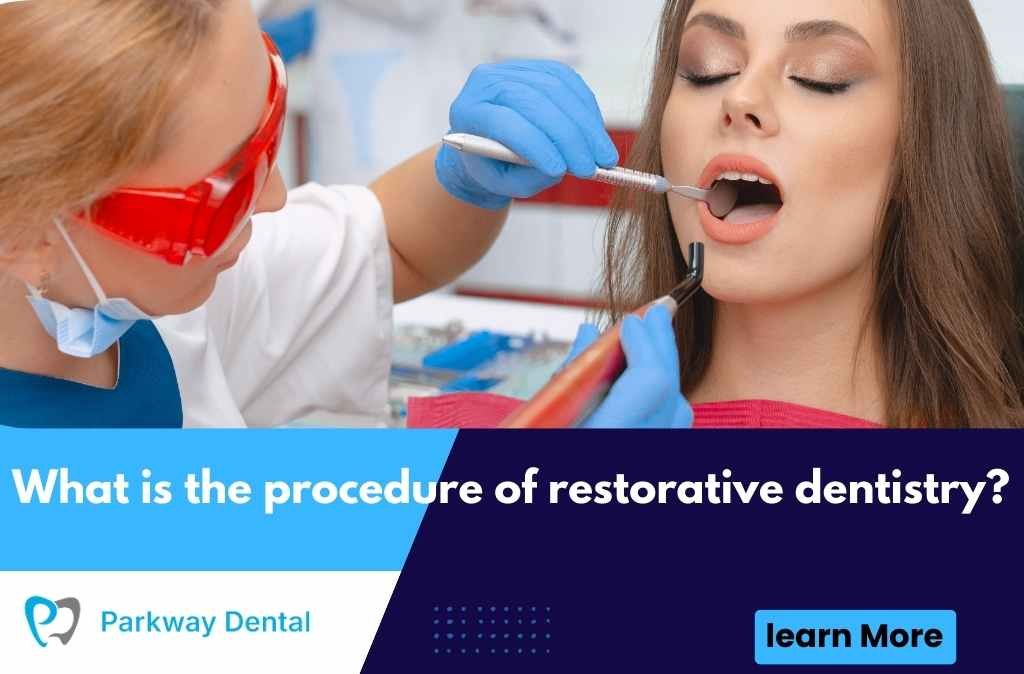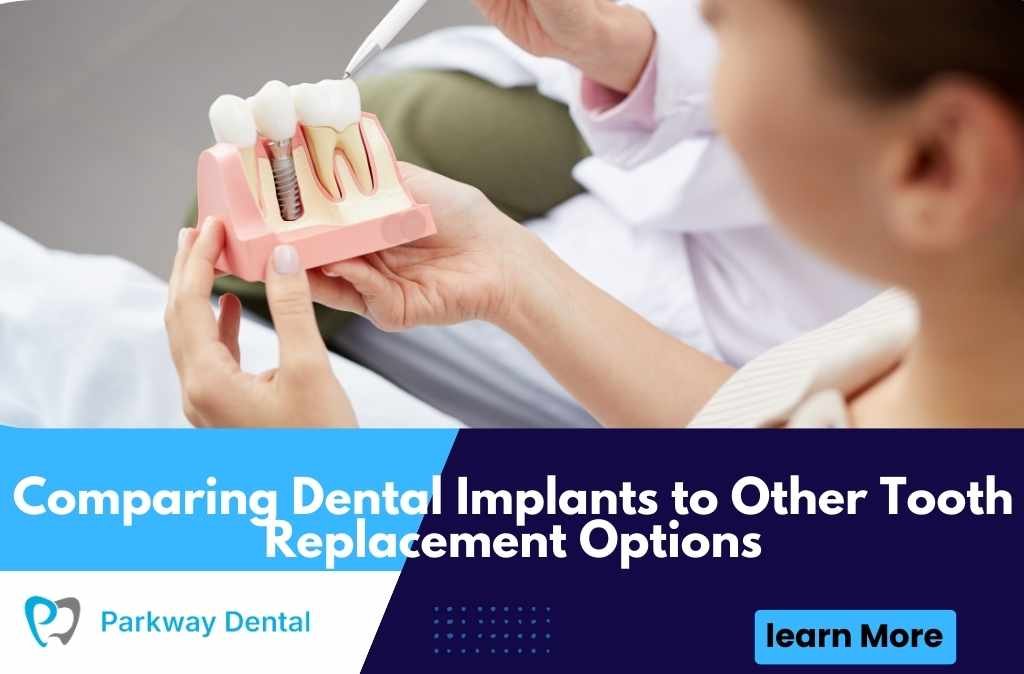Dental trauma in children is a common concern, and as a parent, knowing what steps to take can make all the difference in preserving your child’s oral health. From knocked-out teeth to chipped or broken teeth, dental injuries can happen in an instant, whether from playing sports, accidents, or everyday activities. This comprehensive guide provides crucial insights into what to do if your child experiences dental trauma. Understanding the signs, offering immediate first aid, and knowing when to seek professional help will ensure your child’s recovery is swift and effective.
What is Dental Trauma in Children?
Dental trauma refers to injuries affecting the teeth, gums, and surrounding structures of the mouth. In children, these injuries are particularly concerning because their teeth and bones are still developing. Dental trauma can range from a minor chip in a tooth to more severe damage such as a fully knocked-out tooth. Each case requires specific steps to ensure the best possible outcome.
Signs of Dental Trauma in Children
It’s essential for parents to recognize the early signs of dental trauma, as not all injuries are immediately visible. Some common symptoms of dental trauma in children include:
- Chipped or cracked teeth: Look for jagged edges or visible breaks in your child’s teeth.
- Discoloration: A tooth that becomes gray or black following an injury could indicate damage to the nerve or blood supply.
- Pain or sensitivity: If your child complains of pain while eating, drinking, or touching the tooth, this may suggest trauma.
- Bleeding: Bleeding from the gums, lips, or the tooth socket is another clear sign of injury.
- Loose teeth: A tooth that moves when touched could indicate trauma that may require immediate attention.
Recognizing these signs is crucial in preventing further damage to your child’s teeth and ensuring appropriate emergency treatment for child dental injury.
What to Do if Your Child Knocks Out a Tooth
One of the most alarming types of dental trauma is when a child knocks out a tooth entirely. Knowing how to respond can increase the chances of successfully replanting the tooth. Follow these steps:
- Find the tooth: If possible, locate the knocked-out tooth. Handle it by the crown (the white part) and avoid touching the root to prevent further damage.
- Rinse the tooth: If the tooth is dirty, gently rinse it with water. Do not scrub or use soap.
- Reposition the tooth: If you can, place the tooth back in the socket immediately. Hold it in place using gauze or a clean cloth.
- Store the tooth: If you cannot reinsert the tooth, store it in a container of milk or saliva to keep it moist until you reach the dentist.
- Seek immediate dental care: Time is critical. Ideally, the tooth should be reimplanted within 30 minutes for the best chance of success.
If your child loses a primary (baby) tooth, do not try to reinsert it. Instead, contact your dentist to determine the best course of action.
First Aid for Child Tooth Injury
Administering first aid for child tooth injury can prevent complications and alleviate pain before seeing a dentist. Here’s how to handle some common scenarios:
- Chipped or broken tooth: Rinse your child’s mouth with warm water to clean the area. If the tooth fragment is available, store it in milk or saliva and bring it to the dentist. Apply a cold compress to reduce swelling and pain.
- Loose tooth: Encourage your child not to touch or wiggle the tooth. Call your dentist immediately to determine the next steps.
- Tooth pushed into the gum: This type of trauma requires urgent care. Do not attempt to pull the tooth back into place. Use cold compresses to manage pain, and visit the dentist as soon as possible.
Applying basic first aid for dental injuries can go a long way in ensuring successful treatment.
How to Handle Dental Trauma in Kids
Handling dental trauma in kids involves keeping calm, assessing the severity of the injury, and providing immediate care before visiting the dentist. In many cases, parents can reduce long-term damage by acting swiftly:
- Stay calm: Your child will likely be distressed, and your calm demeanor can help them feel more secure.
- Inspect the mouth: Gently examine your child’s mouth for broken or dislodged teeth, cuts, or bruising.
- Manage bleeding: Use a clean cloth or gauze to apply pressure to any bleeding areas.
- Provide pain relief: Over-the-counter pain relievers appropriate for your child’s age can help alleviate discomfort until you reach the dentist.
Remember, the best way to handle dental trauma is to be prepared with knowledge and a plan.
When to See a Dentist for Child Dental Injury
Knowing when to seek professional help is crucial in managing dental trauma. When to see a dentist for a child dental injury depends on the severity of the incident:
- Immediately: For knocked-out teeth, broken teeth with sharp edges, loose teeth, or teeth pushed out of position, immediate dental care is necessary.
- Within 24 hours: Minor chips, sensitivity, or pain that persists after the injury should be addressed within a day to prevent complications.
- Ongoing issues: If your child’s tooth begins to darken or shows signs of infection (such as swelling or pus), make an appointment with your dentist.
Your dentist can assess the damage and recommend treatments such as bonding, crowns, or root canal therapy if necessary.
Treatment for Broken Tooth in Child
A broken tooth in a child requires prompt dental care to prevent further damage and alleviate discomfort. Treatment options depend on the extent of the break:
- Minor chips: Small fractures can often be repaired with dental bonding or a composite filling.
- Moderate breaks: For larger breaks, your dentist may recommend a crown to restore the tooth’s appearance and function.
- Severe fractures: If the break extends into the nerve, a root canal may be required to save the tooth, followed by a crown or filling.
It’s essential to see a dentist quickly to avoid infections or complications from the broken tooth.
How to Manage Dental Trauma in Toddlers
Toddlers are particularly vulnerable to dental trauma due to their age and developmental stage. Managing dental trauma in toddlers presents unique challenges, but early intervention is key to preventing long-term issues:
- Handle with care: Toddlers may not be able to express pain or discomfort clearly. Watch for behavioral changes, such as refusing food or crying when touched near the mouth.
- Monitor for complications: Swelling, discolored teeth, or fever could indicate an infection or further complications.
- Seek pediatric dental care: Pediatric dentists specialize in treating young children and can help manage dental trauma with gentle care and age-appropriate treatments.
Parents should be aware that dental trauma in toddlers often affects the primary teeth, which can impact the development of permanent teeth if not treated appropriately.
Preventing Dental Trauma in Children
Prevention is always better than cure. There are several steps parents can take to reduce the risk of dental trauma in children:
- Use mouthguards: If your child participates in contact sports, ensure they wear a properly fitted mouthguard to protect their teeth.
- Childproof your home: Prevent falls by padding sharp corners and installing safety gates around staircases.
- Teach safe habits: Encourage your child to avoid using their teeth to open objects or biting down on hard foods.
- Regular dental visits: Routine check-ups can help identify potential dental issues and offer guidance on preventing injuries.
Taking proactive measures can help keep your child’s teeth safe and healthy.
Dealing with dental trauma in children can be overwhelming, but knowing the proper steps to take can make all the difference in ensuring your child receives the best care possible. Whether it’s a knocked-out tooth, a chipped tooth, or another injury, immediate action is critical for successful treatment. Recognizing the signs of trauma, administering first aid, and seeking timely dental care are essential components of managing dental injuries in children.
At Parkway Dental, located in West Roxbury, MA, we offer a range of dental services, including emergency care for children’s dental injuries. Our experienced team is here to help your child recover from dental trauma with expert care and personalized attention. Whether it’s a minor injury or a more severe issue, we’re dedicated to providing the highest quality dental services to ensure your child’s smile stays bright and healthy.




